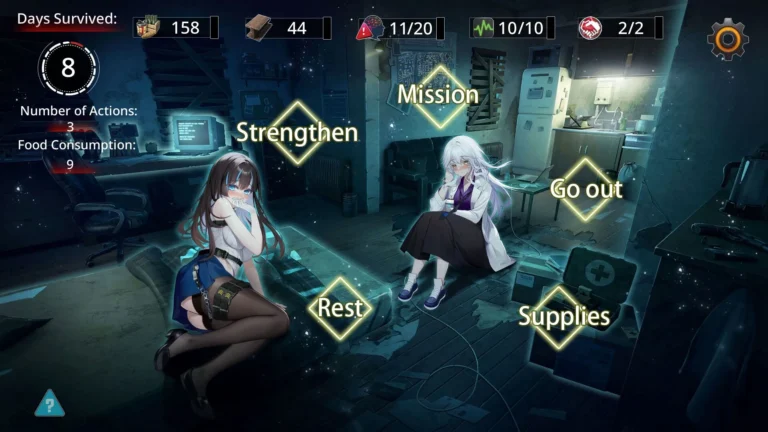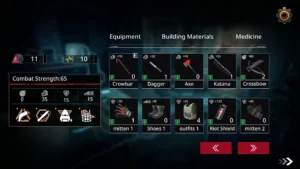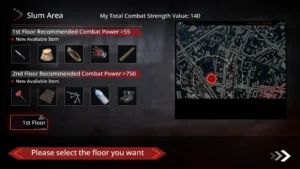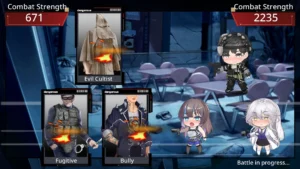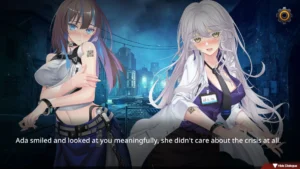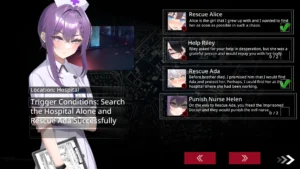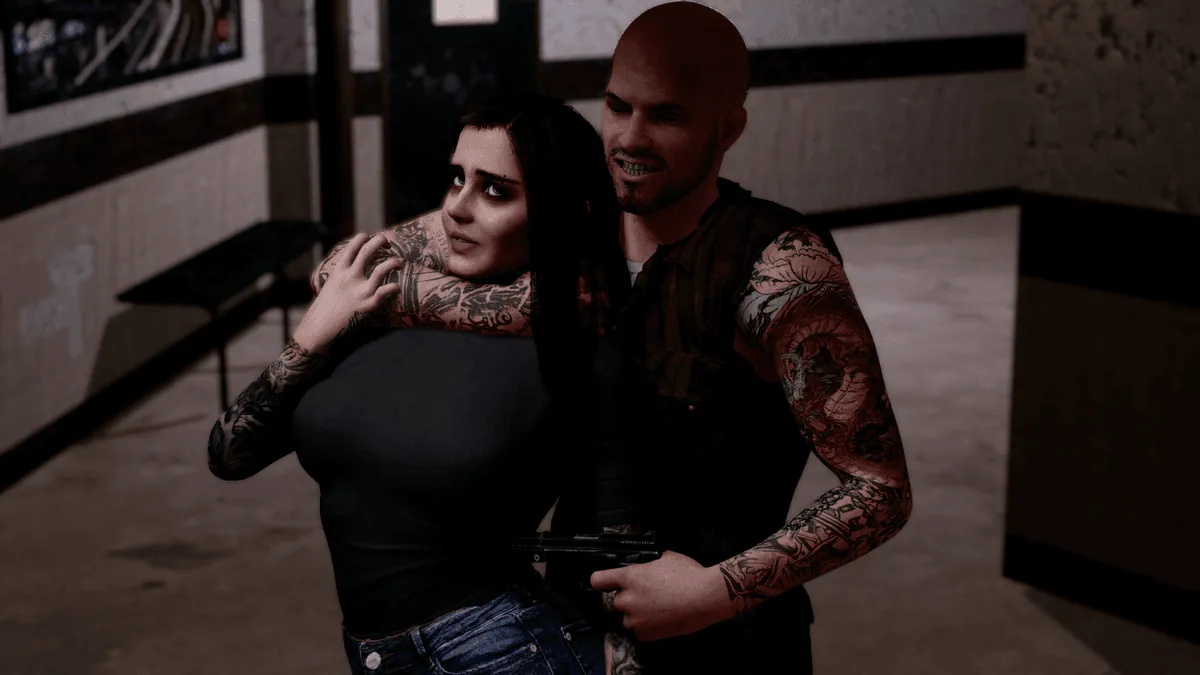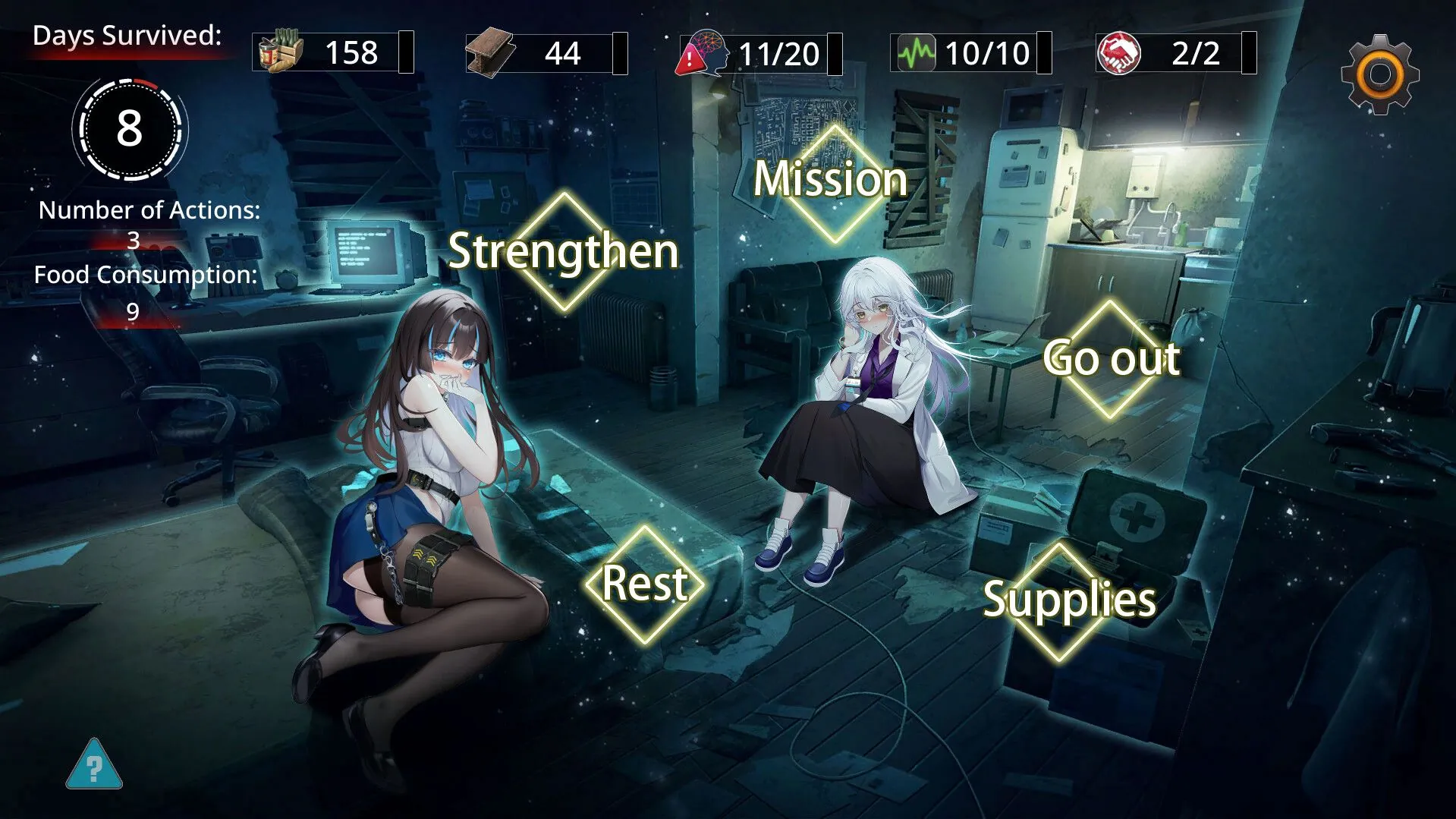
Fatal Countdown – immoral List of Desires review
Exploring the immersive survival simulation and story-driven gameplay
Fatal Countdown – immoral List of Desires is a captivating survival simulation game developed by Secret Garden and published by Playmeow. Released in April 2024, this game combines anime-style visuals with a gripping post-apocalyptic storyline where a mysterious virus has devastated a city, plunging it into chaos. Players navigate a world where human desires and morality are tested, making for an intense and immersive experience. This article dives deep into the game’s unique features, gameplay mechanics, and what makes it stand out in its genre.
Exploring Fatal Countdown – immoral List of Desires: Story and Setting
Ever stumbled out of a game feeling like you’ve just lived another life? 😵💫 That’s the exact sensation I had after my first, harrowing night playing Fatal Countdown – immoral List of Desires. It’s not just another title in the survival genre; it’s a deep, psychological plunge into a world where your own morality is the final boss. I remember making a choice early on—to hoard medicine from a sick child to ensure my own character’s survival—and I had to physically put the controller down. The guilt was real. That’s the power of its game narrative depth. This chapter is your guided tour through the ruins, where we’ll unpack the incredible Fatal Countdown storyline and the world that makes it so uniquely terrifying. 🧟♂️
What is the core storyline of Fatal Countdown?
At its heart, the Fatal Countdown storyline is a masterclass in slow-burn dread. It doesn’t start with zombies or aliens; it starts with a news bulletin. A strange, unidentified flu-like illness is spreading in the outskirts of the city. You play as Alex, a delivery driver just trying to make ends meet when the world suddenly stops making sense.
The initial hours are a brilliant exercise in subtle horror. You witness the societal cracks widening in real-time. The power flickers. News reports become more panicked and then cease altogether. The true catalyst, the mysterious virus game plot, isn’t about turning people into mindless monsters. It’s far more insidious. Dubbed the “Apathy Strain,” it doesn’t kill the body first; it kills the conscience. It strips away societal conditioning, allowing raw, unfiltered human desire to take over. This is the engine of the immoral List of Desires story. Law and order don’t just break down; they are consciously rejected. Police vanish, not because they’re dead, but because they’ve joined the chaos, indulging in their own newfound “freedom.”
Narrative Excerpt: City Collapse Log
“Day 7. The sirens stopped yesterday. Saw a group of people—neighbors, I think—looting the grocery store. They weren’t frantic or scared. They were… laughing. One of them, Mr. Henderson from 3B, saw me watching. He just smiled, held up a bottle of whiskey, and offered me a drink. He didn’t care about the smashed glass or the owner lying motionless behind the counter. He only cared about the whiskey. This isn’t a sickness. It’s a permission slip.”
This log entry perfectly captures the transition. The threat isn’t a horde; it’s the person next door. The immoral List of Desires story forces you to ask: if there were no consequences, what would you do? And more importantly, what will you let others do to you? The core Fatal Countdown storyline is your struggle to find a missing loved one in this moral vacuum, making choices that will permanently stain your soul or allow you to cling to a humanity that seems utterly obsolete. 😰
How does the post-apocalyptic setting influence gameplay?
This isn’t your typical barren wasteland. The post-apocalyptic game setting in Fatal Countdown is a character in itself—a silent, oppressive narrator that dictates your every move. The city isn’t destroyed by bombs; it’s decaying from within, which makes it feel terrifyingly plausible. 🏙️💀
This post-apocalyptic game setting directly shapes the gameplay into a relentless psychological horror game. Here’s how:
-
Environmental Storytelling: You won’t find lengthy lore documents. Instead, you piece together the horror through environmental clues. A ransacked pharmacy with a diary entry about a mother desperately seeking medicine for her daughter. A quiet suburban home with the doors barricaded from the inside, suggesting the threat was already within. The world tells its own tragic story.
-
Resource Scarcity & Paranoia: Resources are scarce, but the game brilliantly links this to its psychological themes. Finding a can of food isn’t just a victory; it’s a potential trigger for conflict. Do you eat it alone in the dark? Do you share it with a seemingly friendly survivor, risking betrayal? Every lootable container is a potential moral trap, deepening the psychological horror game experience.
-
Sound as a Weapon: The audio design in this post-apocalyptic game setting is flawless. The absence of city noise is deafening. You rely on sound to survive—the distant laughter of a marauding group, the faint crying of a child (a genuine plea for help or a clever ambush?), the unsettling silence of a building you need to scavenge. Your own footsteps sound like gunshots, making every journey fraught with tension.
The setting doesn’t just host the action; it actively participates in it, constantly pressuring you to make difficult, often immoral, choices just to see the next sunrise.
| Gameplay Element | Influence of the Post-Apocalyptic Setting |
|---|---|
| Stealth | Not for avoiding monsters, but for avoiding *people*. Dark alleyways and abandoned cars are hiding spots from other survivors who may see you as a resource. |
| Crafting | You’re not crafting advanced weapons. You’re crafting rudimentary tools—a reinforced barricade, a noisy distraction device, a lockpick—all focused on survival and evasion, not combat. |
| Exploration | Every new area is a calculated risk. A hospital might have priceless medicine but could be controlled by a group with a very twisted definition of “triage.” |
😨 This constant state of vulnerability is what makes it a top-tier psychological horror game.
Character dynamics and narrative depth
Where Fatal Countdown truly separates itself from the pack is in its people. The character dynamics Fatal Countdown introduces are complex, unpredictable, and utterly captivating. You never know if someone is a potential ally, a victim, or a predator wearing a friendly face. 🤝🔪
The game narrative depth is achieved by making every interaction meaningful. There are no generic NPCs giving out fetch quests. Every person you meet has a name, a history, and a desire—a key part of the immoral List of Desires story. You might meet Eli, a former librarian who now hoards knowledge in the form of pre-collapse books, trading them for supplies. He seems harmless, but his desire for preservation might lead him to sacrifice others to protect his sanctuary.
Then there’s Maya, a character I won’t soon forget. I found her hiding in a school bus, claiming her group had been attacked. She was vulnerable, skilled at medicine, and seemed like a perfect companion. For days, we survived together. I shared my food, protected her. The game’s narrative depth made me trust her. Then, we found a small stash of antibiotics. The look in her eyes changed. It was no longer about survival; it was about possession. She attacked me, and in that struggle, I learned her “group” hadn’t been attacked; she had poisoned them to take their supplies. The betrayal was a punch to the gut. This is the power of its character dynamics Fatal Countdown cultivates.
Your choices with these characters aren’t simple good/evil binaries. They are shades of grey. Do you align with a manipulative but efficient leader to gain protection, even if it means condoning their actions? Or do you side with a well-meaning but incompetent group, guaranteeing a harder, more ethical path? These decisions ripple through the entire Fatal Countdown storyline, altering endings and relationships in profound ways.
The immoral List of Desires story forces you to reflect on your own choices long after you’ve turned off the game. It’s a challenging, emotionally draining, and absolutely unforgettable experience that redefines what a psychological horror game can be. It’s not about what’s jumping out of the closet; it’s about the monster it convinces you to become. 😮💨
Fatal Countdown – immoral List of Desires offers a unique blend of survival simulation and narrative depth set in a haunting post-apocalyptic world. Its engaging storyline, combined with thoughtful gameplay mechanics and player-driven choices, creates a compelling experience for fans of the genre. Whether you’re drawn to its immersive story or the challenge of survival, this game delivers on multiple fronts. Dive in and explore the complex desires and moral dilemmas that shape this unforgettable journey.
